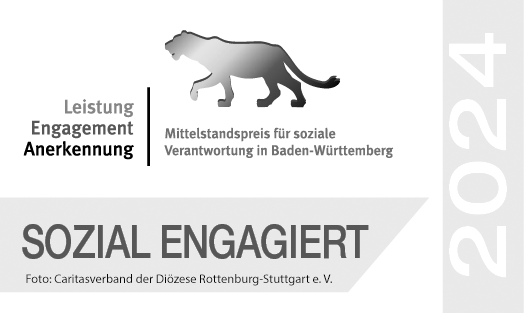Guest Speakers
You are here: The Mannheim Experience » Faculty & Research » Guest Speakers
This Page
A Win-Win
When experienced executives come to Mannheim to share their experiences, it represents a win for both sides: Students learn first-hand about the challenges a given industry or area of business faces, while speakers get an outside perspective and fresh ideas. In addition to providing inside views that no textbook can teach, such events also provide participants with unique opportunities to expand their networks.
Selected Guest Speakers
- Klaus Becker, CEO, Chairman of the Managing Board, KPMG AG Wirtschaftsprüfungsgesellschaft
- Ute Benzel, Managing Partner Tax, Ernst & Young GmbH Wirtschaftsprüfungsgesellschaft
- Dr. Kurt Bock, Former Chairman of the Board of Executive Directors, BASF SE
- Friedrich Brecht, Head of Finance Pharma Global Technical Operations, Hoffmann - La Roche Ltd
- Dr. Martin Brudermüller, Chairman of the Board of Executive Directors, BASF SE
- Dr. Claus Buhleier, Partner, Deloitte GmbH
- Hubertus Graf Douglas, Managing Director Germany, Korn/Ferry International
- Saori Dubourg, Member of the Board of Executive Directors, BASF SE
- Jesper Ek, Head of Sub Region Nordics Roche Diabetes Care
- Professor Dr. Lars P. Feld, Member of the German Council of Economic Experts, Director of the Walter Eucken Institute and Professor of Economic Policy, Albert-Ludwigs-University of Freiburg
- Jürgen Fritz, Member of the EMEA Marketing Board, SAS Software
- Dr. Manfred Fuchs, formerly Acting Chairman of Supervisory Board, Fuchs Petrolub AG
- Dr. Frank Heinricht, Chairman of the Management Board, SCHOTT AG
- Dr. Alan Hippe, Chief Financial and IT Officer, F. Hoffmann-La Roche Ltd
- Albrecht Hornbach, Chairman of the Board of Management, HORNBACH Holding AG & Co. KGaA
- Dr. Christoph Hütten, Chief Accounting Officer and Head of Corporate Financial Reporting, SAP AG
- Dirk Kaliebe, Chief Financial Officer and Head of the Heidelberg Financial Services Segment, Heidelberger Druckmaschinen AG
- Burkhard Kübel-Sorger, Chairman of the Board, J.P. Morgan AG (Germany)
- Professor Dr. Jan Mayer, CEO, TSG ResearchLab gGmbH
- Marius Möller, Member of the Board of Management, PricewaterhouseCoopers AG Wirtschaftsprüfungsgesellschaft
- Luka Mucic, Chief Financial Officer, SAP SE
- Markwart von Pentz, President, Agriculture and Turf Division, Deere & Company
- Michael Pues-Tillkamp, Senior Director Global Marketing Procurement, adidas
- Uwe Raschke, Member of the Board of Management, Robert Bosch GmbH
- Dr. Michael Schaefer, Chairman of the Board, BMW Foundation Herbert Quandt
- Andreas Schierenbeck, Chairman of the Executive Board, thyssenkrupp Elevator AG
- Dr. Wilhelm Schmundt, Managing Director & Partner, Boston Consulting Group (BCG)
- Franz-Josef Schuermann, Group Chief Sales and Innovation Officer, The Adecco Group
- Wolfgang Sturm, Partner, Linklaters Germany
- Götz Wolfgang Werner, Founder, dm-drogerie markt Deutschland
- Franz Wieler, Partner Internal Audit, Siemens Group
- Jörg Wiemer, CEO, Treasury Intelligence Solutions GmbH







